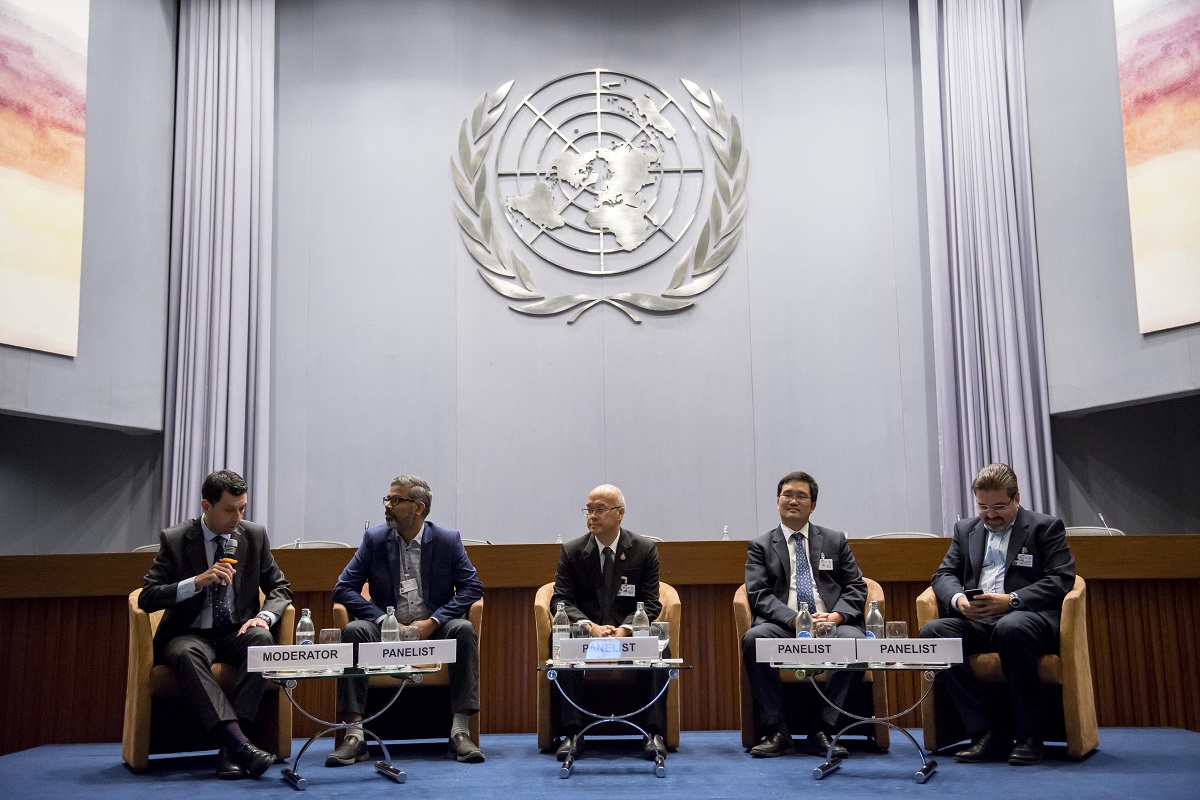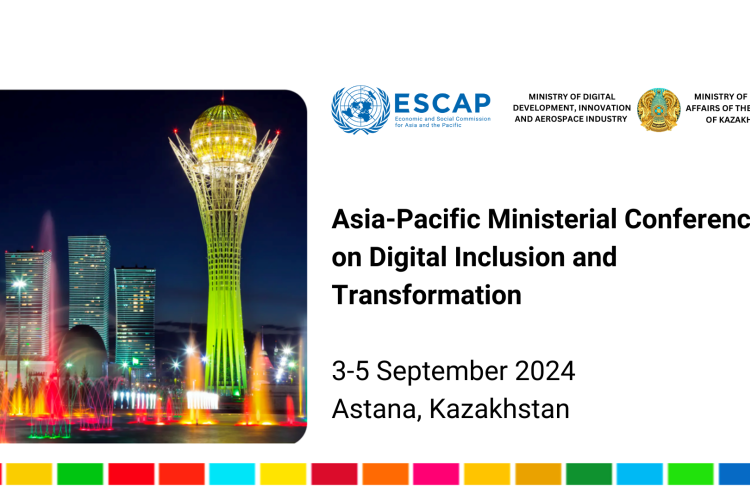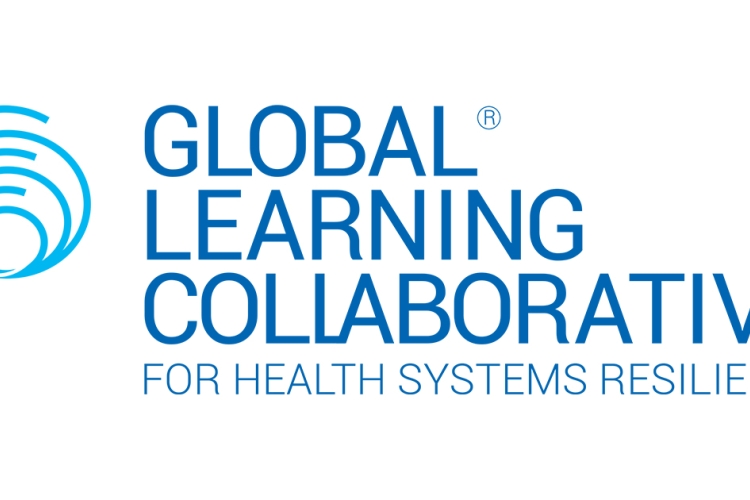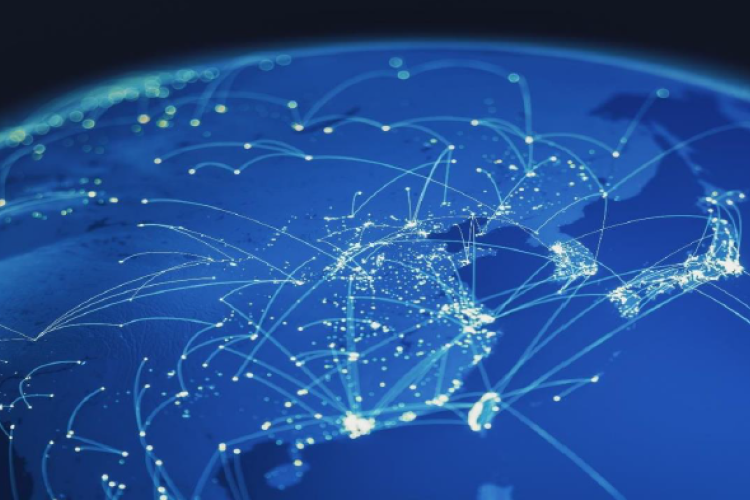75th Commission session Side Event on Expanding Internet Access for Inclusive Development
The United Nations Economic and Social Commission for Asia and the Pacific (ESCAP), in collaboration with the Ministry of Digital Economy and Society of Thailand and Google, will organize a side event Expanding Internet Access for Inclusive Development, at the 75th Commission session, on Tuesday 28 May 2019 from 13:00-14:00pm at the United Nations Conference Centre (UNCC) in Bangkok, Thailand.
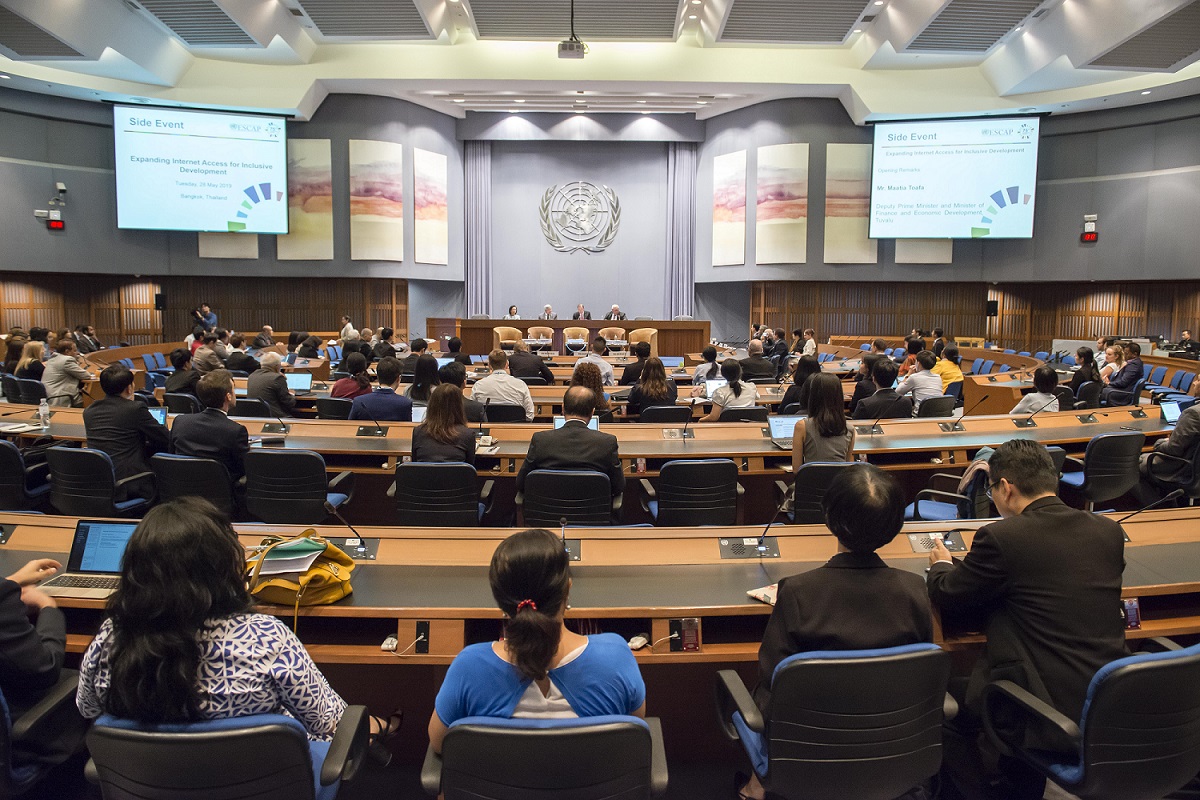
Background
Broadband Internet has become one of the transformative forces in the achievement of the Sustainable Development Goals (SDG). It is a new engine of economic growth and innovation, while advancing inclusive development by enabling access to information and services to the poorest and most vulnerable groups of society. It also has a great potential to reduce inequalities, empower people and increase livelihood opportunities for the poor.
However, more than half of the population still lacks basic Internet access in the Asia-Pacific region which has become one of the most digitally divided regions in the world. As many as fourteen member countries have less than 2 fixed broadband subscriptions per 100 inhabitants, while the Republic of Korea enjoys around 40 for the same indicator. Similarly, 99.6 per cent of young people in the Republic of Korea have been active on the Internet, but it is less than 1 per cent in Timor-Leste. The region also suffers from a gender digital divide, as women and girls tend to have less access to broadband Internet and knowledge-enhancing applications and services. As a result, millions of people are shut out from transformative digital opportunities and inclusive development.
Recognizing the digital opportunities and challenges associated with the above-mentioned digital divide, the ESCAP member countries launched the Asia-Pacific Information Superhighway (AP-IS) initiative in 2017 to enhance the availability, affordability and resilience of broadband infrastructure. Governments, civil society organizations and the private sector companies have been exploring and implementing innovative solutions to expand connectivity to un-served and under-serviced areas in a cost-efficient way. For example, the Royal Government of Thailand initiated the Village Broadband Internet project, Net Pracharat, aiming to expand high-speed Internet networks to every village in the country, especially those in the remote rural areas. Google launched its Google Station project in several countries in the region which provides free, public Wi-Fi networks at railway stations where millions of people are now able to connect to high-speed Internet.
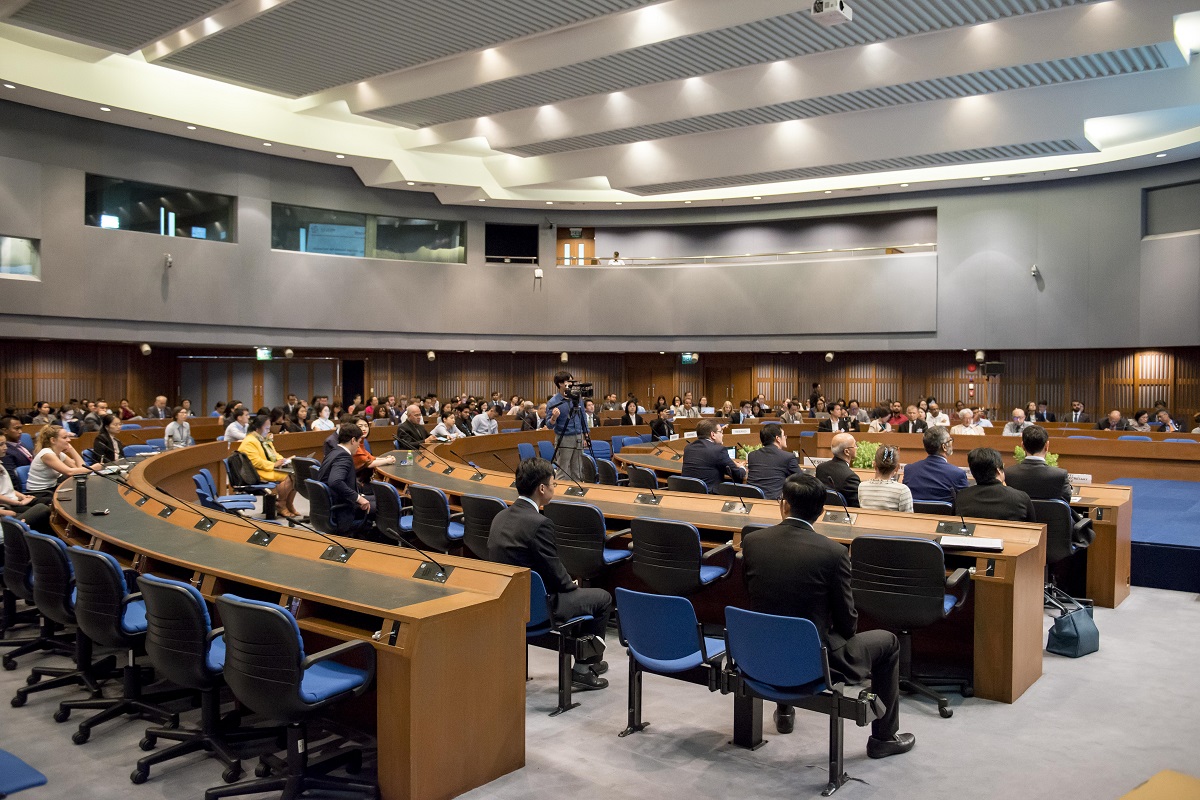
Objective
With the increasing recognition that digital inclusion is an integral part of inclusive development, this side event aims to raise awareness and stimulate policy debate on innovative solutions and initiatives that have successfully promoted digital inclusion, such as the Net Pracharat in Thailand and Google Station in India and Indonesia.
Eminent speakers from the government and the private sector will introduce their innovative approaches and emerging best practices in extending Internet access and promoting digital inclusion. It is expected that such a policy discussion would contribute to the regional consensus building on “empowering people and ensuring inclusiveness and equality”, the theme of the 75th session of the Commission.
The event is organized to support the implementation of the Asia-Pacific Information Superhighway (AP-IS) initiative. By sharing knowledge and successful cases and practices, it is expected that innovative solutions will be scaled up, replicated and mainstreamed in many more countries through regional cooperation.
Additional information on the Asia-Pacific Information Superhighway can be accessed via https://www.unescap.org/our-work/ict-disaster-risk-reduction/asia-pacific-information-superhighway/about.
For more information on the Commission session, please visit: https://www.unescap.org/commission/75/
